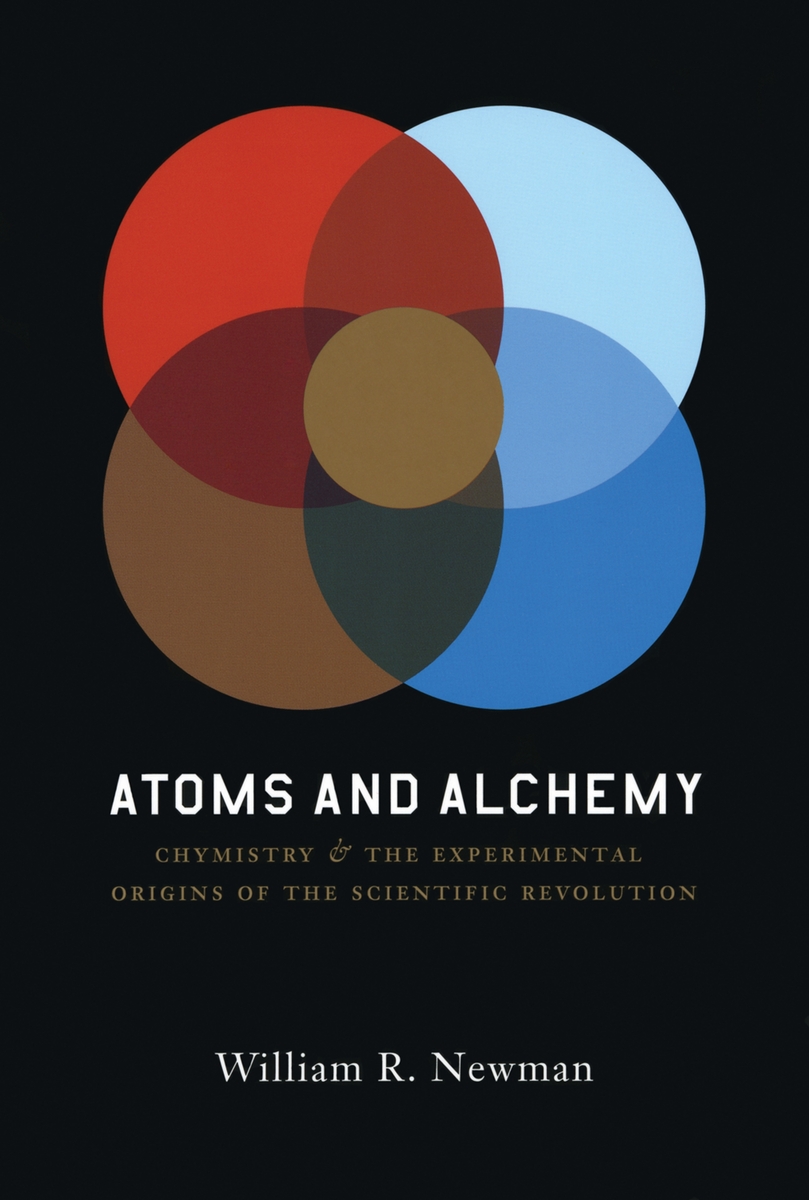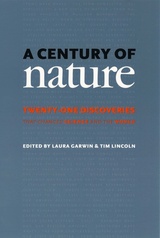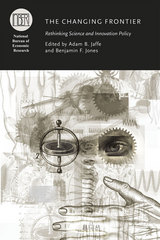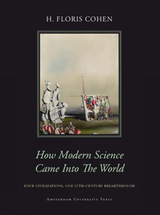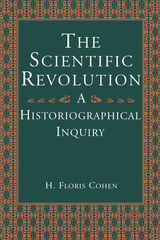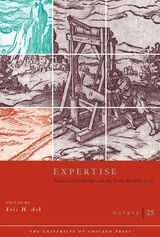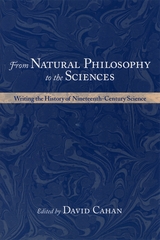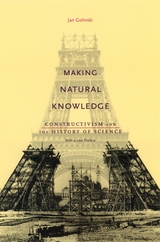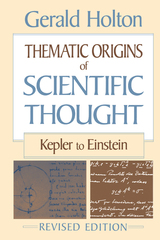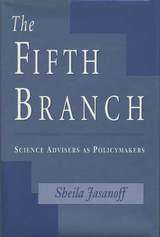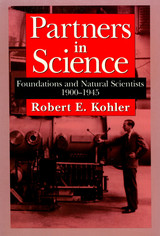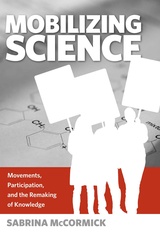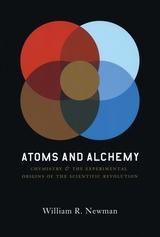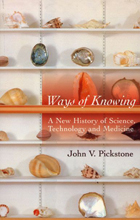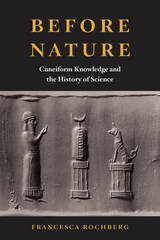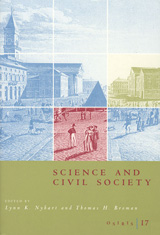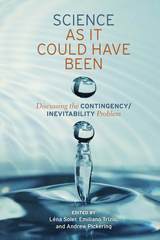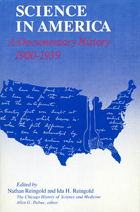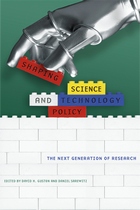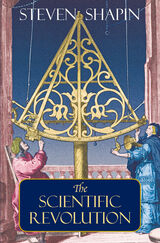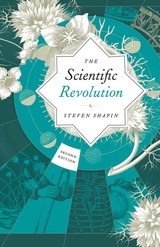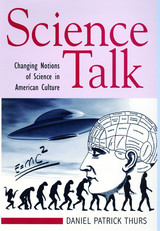“Atoms and Alchemy is an extraordinary contribution to intellectual history. It not only clearly reveals, for the first time, the precise way in which Robert Boyle’s experimental demonstrations of his ‘mechanical philosophy’ proceeded from a subtle yet decisive transformation of the experimental research of the Aristotelian atomistic ‘chymical’ philosopher Daniel Sennert but also opens up a radically new perspective on the relationship between ‘theory’ and experiment more generally. Whereas traditional discussions—both historical and philosophical—focus on the relationship between experimental practice and relatively specific scientific claims, Newman’s story focuses on the interaction between a sophisticated experimental practice and a much more abstract yet evolving system of theses from Aristotelian natural philosophy and metaphysics. It was precisely this interaction that eventually gave rise, as Newman brilliantly shows, to the beginnings of modern chemistry in the work of Boyle.”
— Michael Friedman, Stanford University
“In recent years the history of alchemy has taken its rightful place at the center of early modern chemistry, indeed at the very core of the practices and beliefs that evolved into physical science as we know it today. Newman developed much of this new understanding, and his new book, Atoms and Alchemy, pushes even further to show how sixteenth and seventeenth century ‘chymists’ forged novel and empirically productive conceptions of matter out of an intricate brew of Aristotelianism and atomism. Far from polluting the stream that led to modern science, Newman’s alchemists distilled its very essence in their alembics.”
— Jed Z. Buchwald, California Institute of Technology
“Atoms and Alchemy is an important contribution to the history of ideas—and more precisely, to the history of early modern chemistry. It furthers Newman’s long-standing effort to establish the continuity between medieval alchemy and Robert Boyle’s philosophy in the seventeenth century. In this case, the continuity is based on the corpuscular theory of matter that Newman traces back to thirteenth-century alchemy. He thus questions the traditional distinction between scholasticism and mechanism at the heart of the standard accounts of the Scientific Revolution.”
— Bernadette Bensaude Vincent, Université Paris X
“Newman successfully debunks the common assumption that the Scientific Revolution resulted from the newly established dominance of physics and mathematics during the seventeenth century. Through careful textual analysis, he reveals the theoretical and experimental sophistication of the late medieval alchemical tradition and its crucial contribution to the mechanical conception of nature. The entire field of science studies for the modern period should be affected by the significant insights contained in Atoms and Alchemy.”
— Rose-Mary Sargent, Merrimack College
“Atoms and Alchemy is the newest installment of Newman’s scholarship that continues to challenge scholars to rethink some of their most cherished assumptions concerning the actuality of a clear-cut demarcation during the early modern period between so-called ‘rational’ and ‘occult’ spheres in the discipline we now refer to as chemistry.”
— Mordechai Feingold, California Institute of Technology
“Newman’s demonstration of alchemy’s influence on Robert Boyle’s mechanical philosophy calls for a substantial revision of our understanding of the Scientific Revolution. His acute analysis theories of matter from the Middle Ages through the seventeenth century, his demonstration of the close relationship between experiment and the mechanical philosophy, and his reassessment of disciplinary boundaries make this book essential reading for an understanding of early modern natural philosophy and chemical practice.”
— Margaret J. Osler, University of Calgary
"Science historians are too scathing about the achievements of alchemy. They dismiss it as a blind alley verging on lunacy, at best irrelevant to and at worst an impediment to the development of modern chemistry. This is the contention of William Newman, professor of history and philosophy of science at Indiana University. He maintains that alchemists, especially the 17th-century Robert Boyle, provided proof of atoms and therefore laid the foundations of the contemporary science. Newman shows immense scholarship in this book: even its long introduction is loaded with extensive footnotes."
— Roy Herbert, New Scientist
"Whether the scientific revolution that arguably began the 17th century is a sensible, defensible historical marker for the beginning of modern science is at issue in these tautly written 200 pages on atoms and alchemy by Newman. His conjecture is that the theory and practice of modern science originated in the mechanical model of the natural world that emerged from earlier (medieval) alchemical tradition. Built around the work of Robert Boyle, who is known to all today, and Daniel Sennert, who is all but forgotten, Newman's analysis is an intellectually compelling tour de force of extraordinary scholarship. The book will surely be valuable to those working in the field, but the ultimate beneficiaries may well be practicing scientists who can expect to come away with a new perspective on chymistry (oops! chemistry). Other authors should take note of the carefully prepared footnotes, bibliography, and index; compliments to author (and publisher) for the eight photographic reproductions of alchemical experiments. Nice! Highly recommended."—Choice
— Choice
"For historians of chemistry, the book firmly places chemistry in the forefront of the scientific revolution alongside astronomy and mechanics."
— William Brock, Chemistry World
"This small book challenges all previous accounts of the Scientific Revolution. Displaying his mastery of medieval and early modern alchemy, William Newman launches a three-pronged attack on the conventional historiography. . . . [The] substantive chapters will provide the standard account of the history of matter theory for decades to come."
— Lauren Kassell, Historical Studies in the Physical and Biological Sciences
"Newman's recovery of this heritage that was not acknowledged by Boyle and has been given little consideration by historians is a tour-de-force that nonetheless also precisely delineates the revolutionary contribution Boyle does make as well as the integral role of experimental chymistry in the Scientific Revolution."
— Nicholas H. Clulee, Renaissance Quarterly
"Newman's view that Boyle's mechanical philosophy was actually the outcome of a long tradition of alchemical experimentation . . . will impel a rewriting of the history of chemistry. Certainly such a view integrates alchemy firmly into the narrative of the rise of modern science. Newman offers additional support to the emerging consensus that not only was alchemy not a pseudoscience in the Middle Ages and the Renaissance, it was also central to the development of empiricism. In addition, Atoms and Alchemy shows that alchemy was absolutely crucial to two of the theoretical cornerstones of modern science, atomic theory and the mechanical philosophy."
— Pamela Smith, Science
"What Newman offers here is an important correction to the foundation story of the Scientific Revolution as it has been retold to history of science graduate students since the middle of the twentieth century. His study reveals the fundamental error in the positivist neglect of alchemy in the development of science."
— Jole Shackelford, American Historical Review
"A book of profound importance to our understanding of the development of early modern matter theory. Moreover, because the development of a new theory of matter was so crucially important to the Scientific Revolution, it is a book of the very widest significance in the history of modern science."
— John Henry, Nuncius
"The fine detail reveals a lovely picture of how the work of the alchemists . . . formed the foundation for modern atomism. . . . This is a superb book with far-reaching implications."
— Mary Ellen Bowden and Neil Gussman, Books and Culture
"The volume, which is beautifully illustrated, is an important contribution to intellectual history, notably to the ongoing debate about early modern theories of matter."
— Antonio Clericuzio, Aestimatio
"Newman's book--based on scrupulous scholarship and thorough analysis--presents compelling reinforcement for the important role of alchemy in the Scientific Revolution."
— Canadian Journal of History
"[Newman] puts to work an astonishing range of skills, combining the analysis of complex texts, notably alchemical and scholastic treatises, with the personal replications of 'chymical' experiments. . . . This important and passionate book contains several important challenges to the existing historiography of science."
'
— Christoph Luety, Ambix
